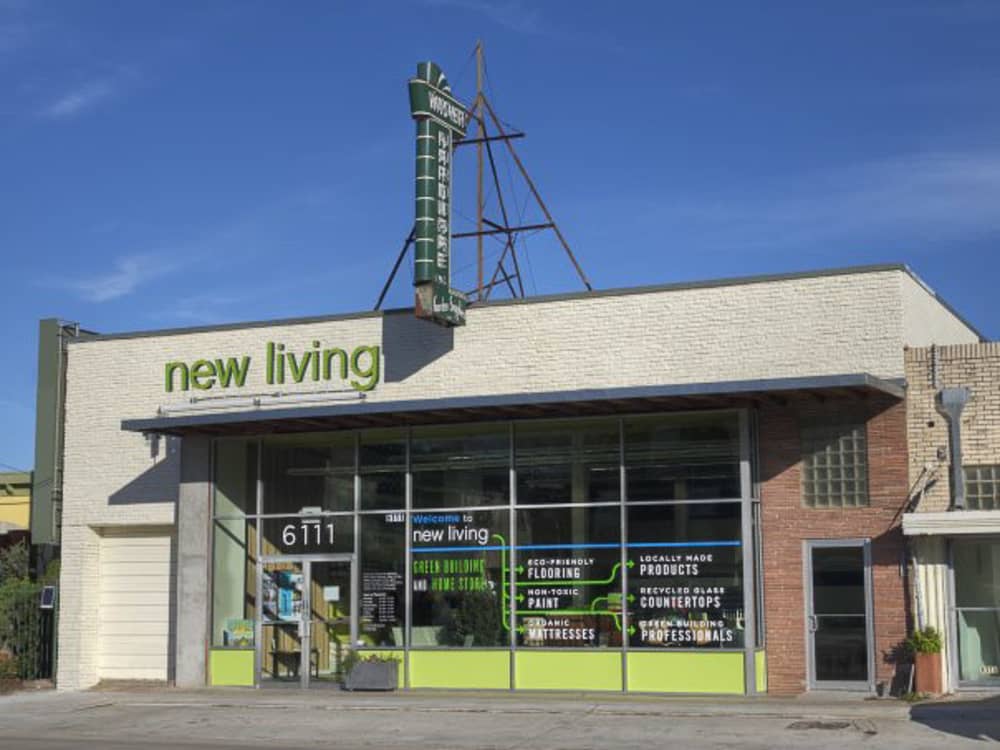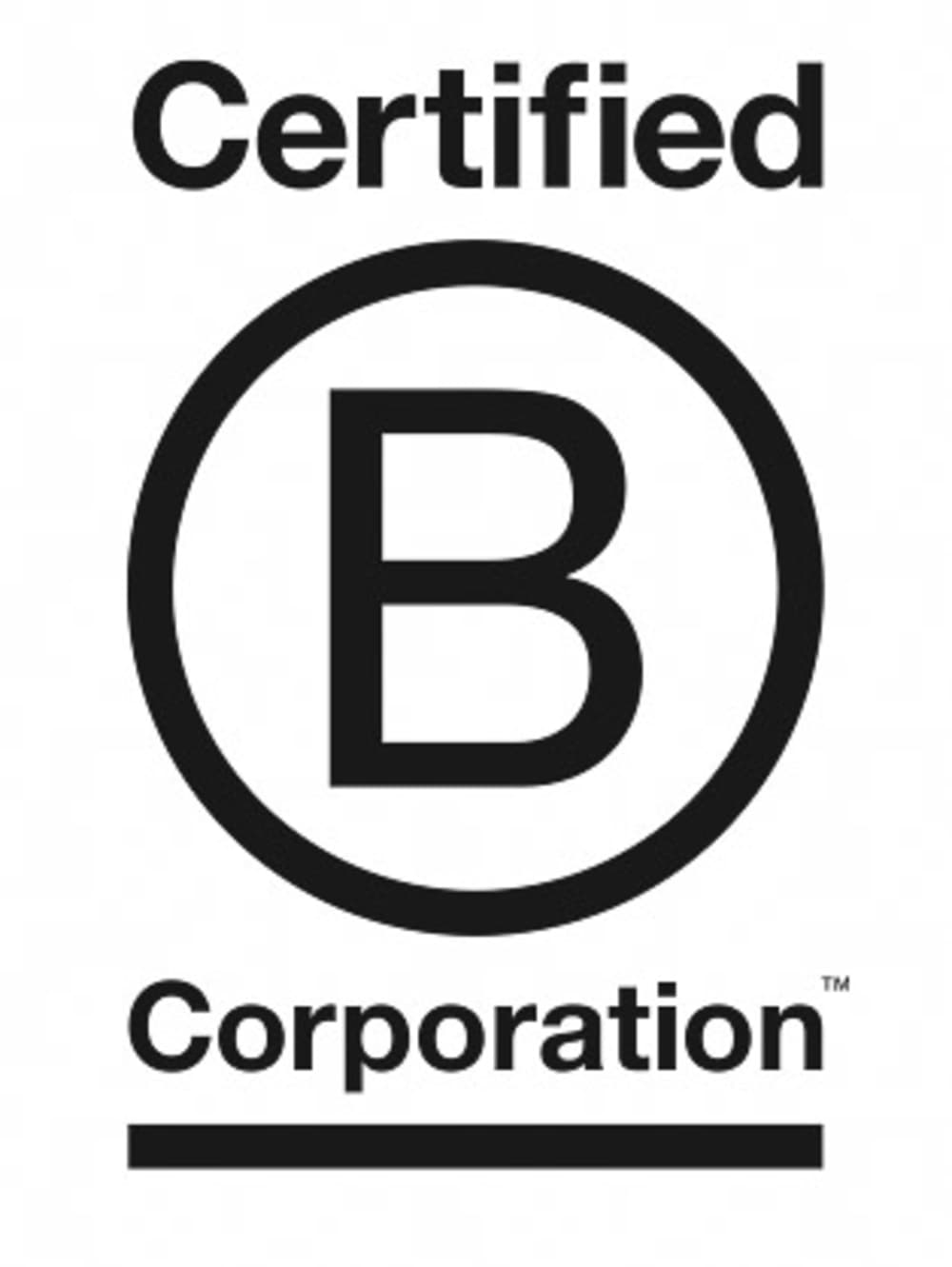Fighting greenwashing too
B Corps take hold in Houston: Companies like New Living make doing good a rule
 New Living is a B Corp in Houston.
New Living is a B Corp in Houston. B Corps look at the profit model differently.
B Corps look at the profit model differently.
There's a new breed of business in town, literally.
Benefit Corporations continue to gain notoriety — the concept was profiled in depth in Esquire earlier this month — but the term is still foreign to many people. I didn't know what a B Corp was until a few weeks ago, when I learned that Houston houses one. Jeff Kaplan and Adam Brackman's New Living, a sustainability-focused green building and home store in the Rice Village (in the old historic Wagner Hardware store) is a member of this evolved new class of business model.
So what does that mean, exactly? It means they're good — good for the environment, good for the community and good to their people.
Benefit Corporations and certified B corporations represent a new business model, one that is beholden to the stakeholders (everyone affected by its practices) as well as its shareholders. We have a lot of nasty things to say about corporate America, but in all seriousness — and as Esquire points out — it's not entirely their fault.
"Did you know that corporations are legally prevented from being decent and humane? Say a corporate leader discovers that he can make a higher profit by moving a factory to China and throwing thousands of Americans out of their jobs. If he decides to make profits secondary to the well-being of his workers and neighbors, his stockholders can sue him," writer-at-large John Richardson writes. "If the choice was between the survival of the corporation and the survival of America itself, the law would compel him to pick the corporation."
At issue are the legal constraints on a corporation's ability to be good — like, say, being forced to abandon a social mission to score the biggest price-per-share upon sale — and the lack of an objective, effective way to measure a business' do-gooding. (LEED certification is an example of such an assessment system, needed on a much broader scale).
Hardik Savalia, who works at a non-profit that was founded to address this dichotomy, tells CultureMap "the infrastructure is preventing these companies from succeeding. Fundamentally, as a business owner, your one duty is to maximize shareholder value. It makes it difficult to move on, sell your shares and maintain the social characteristics."
So nearly four years ago, his company, B Lab, was founded. B Lab is a non-profit that rates companies on 180 factors of do-gooded-ness, from transparency to employee benefits to sustainability, and expands their legal obligations (with the help of three global law firms) to include stakeholders. Significantly, its three founders did not have non-profit backgrounds.
Rather, they were extremely successful businessmen — two of the founders sold their first company, which they started in college, for $250 million. The other was a private equity investor, including a stint as partner at a $1 billion real estate fund.
"In the 1970s, no one had heard of a 'non-profit,'" Savalia says. "We're trying to define the same sort of emerging class of businesses."
Businesses that are certified B corporations make amendments to expand their accountability, but can also go further, and add a clause establishing the option to sell at a lower price-per-share to a buyer that will carry on their social mission.
Companies like New Living that are certified B corporations ("Benefit Corporations" are a separate legal entity that only exist in states that have passed legislation to allow their existence) have to pass with a minimum score of 80 and go through reassessment every two years to maintain their status. Naturally, their reports are publicly available on the B Lab website. They must also submit to random audits, and standards are only becoming more rigorous — although Savalia says that the first round of certified B corporations (certified in 2008) who are going through re-certification now are, for the most part, doing it smoothly.
There are now more than 300 certified B Corps (some large, like Method Home Products) and two of them are based here in Houston. Most members are small-businesses, but the range of industries varies tremendously. There's an office supply company in Oakland, for example, that donates 100 percent of its profits to charity. Another member, a brownie bakery in New York that makes the brownies for Ben & Jerry's ice cream, has an open hiring policy.
They routinely hire the homeless and people who were formerly incarcerated, give them year-long job training and, if they succeed, a full-time job at the bakery.
For New Living's part, founder Jeff Kaplan says their next goal is to become a model B corp, beginning with expanding their educational outreach. Aside from New Living's monthly Sustainable Houston lecture series, they'll launch bilingual classes for Houston painters to become certified green painters and educate them about the health risks associated with chemicals in traditional paints.
B Lab seems to only be picking up steam. Two states, Maryland and Vermont, have passed legislation to benefit Benefit Corporations. Similar legislation is in the works in New York, New Jersey, Washington state, North Carolina, and Pennsylvania. While public policy doesn't yet change tax parameters for socially minded corporations, Savalia says it paves the way to do that by establishing a balance of interests.
"It sets a standard between people that are really green and people who say they are. There is so much greenwashing," Kaplan says. "Our goal is to show that you can measure yourself on a social level and do well."

 The building at 4911 will be torn down for the new greenspace. Holland Lodge No. 1, A.F. & A.M./Facebook
The building at 4911 will be torn down for the new greenspace. Holland Lodge No. 1, A.F. & A.M./Facebook